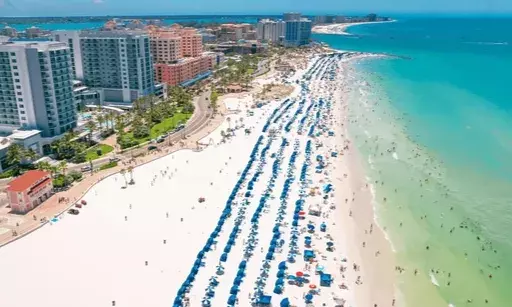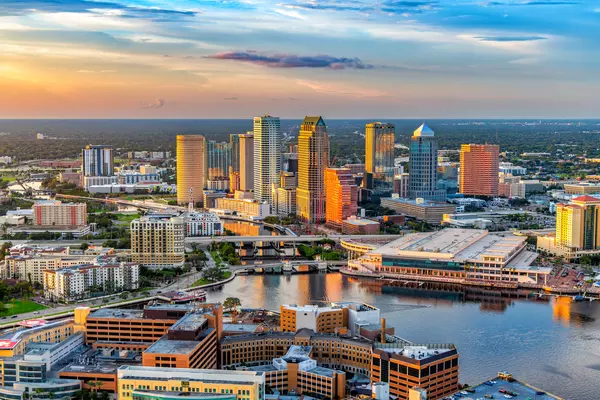MOST RECENT BLOGS
My Top 5 Beaches to Visit in the St. Pete / Tampa Area

Top 5 Beaches to Visit in the St. Pete / Tampa Area The St. Pete / Tampa area is a slice of paradise, offering pristine beaches, breathtaking sunsets, and endless activities for all ages. Whether you’re planning a relaxing day by the water, an adventurous outing, or even dreaming of living near th
Read MoreThe Pros And Cons of Purchasing A Rural Property

Rural properties are usually associated with the great outdoors, an escape from metropolitan areas where everything is loud and fast-paced. But even if this is the most popular reason why people see rural homes as a perfect investment for retirement, some buyers get attracted to them without doi
Read MoreTop Investment Tips for Buying Your Dream Vacation Home

If you're the adventurous type who's always itching to get on a holiday weekend on your favorite beach, or you want to experience living in the countryside more often, chances are you have been thinking how nice it would be to have your own vacation home. And although owning a vacat
Read More
Categories
Recent Posts











